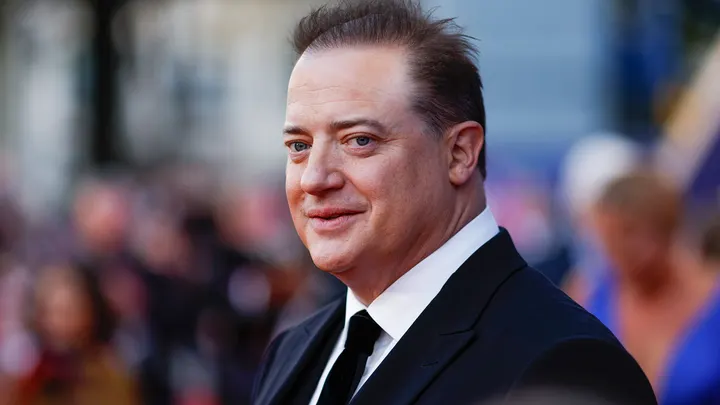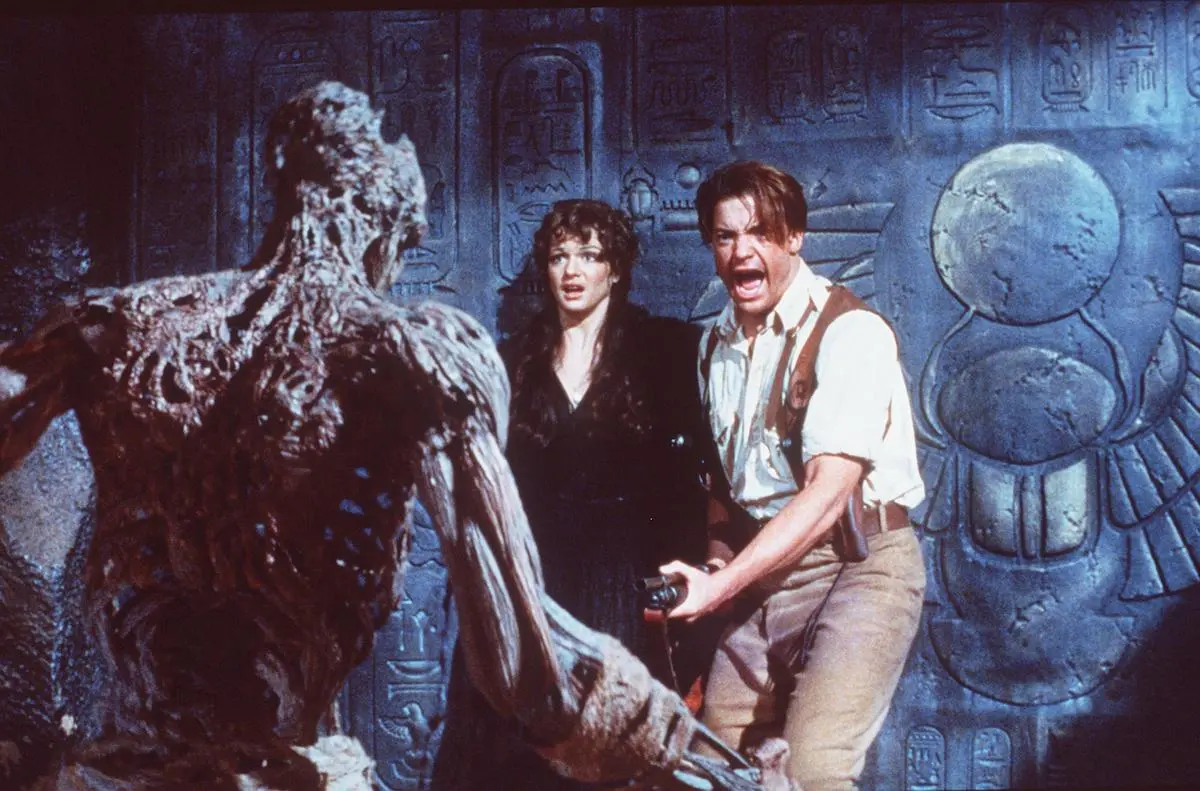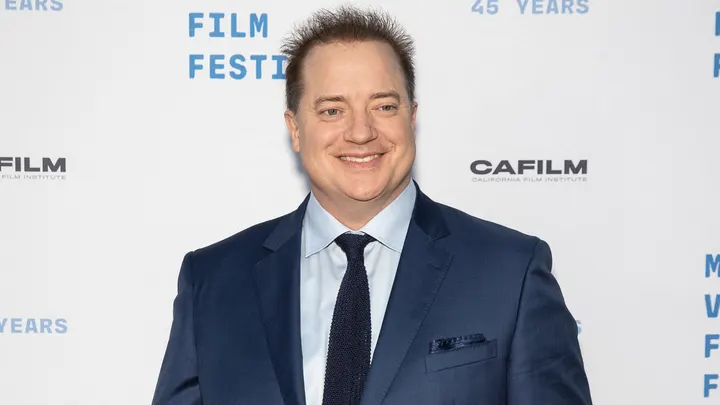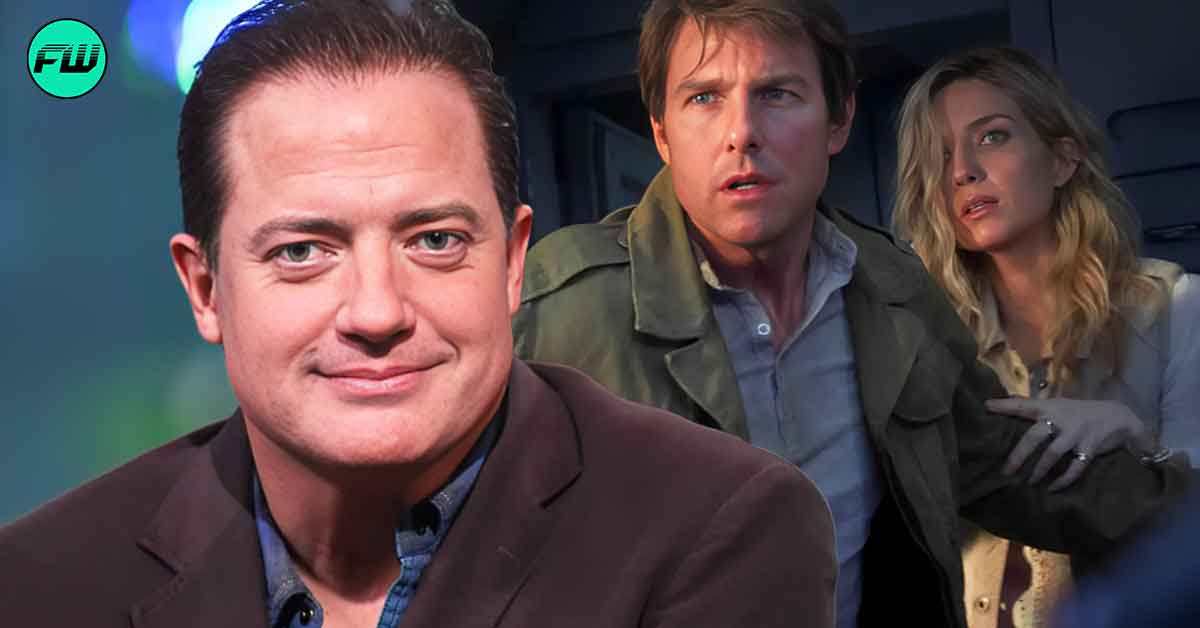If you’re of a certain age, you may have seen Brendan Fraser in the classic movie The Mummy (1999). The film is a thrilling adventure that combines elements of action, horror, and comedy. And The Mummy, starring Brendan Fraser, performed far better than the Tom Cruise-led remake. Brendan Fraser’s charismatic performance as Rick O’Connell garnered praise and helped establish him as an action-adventure star. The movie was a commercial success and spawned two sequels: The Mummy Returns (2001) and The Mummy: Tomb of the Dragon Emperor (2008).

The Mummy from 2017 was meant to be the first film in a shared universe that would have included other old Universal Monsters and other literary gothic characters. With a budget of about $200 million, Universal had high expectations for the movie. But with only $410 million at the worldwide box office, the movie ended up losing an estimated $100 million.
Also Read: The Sentry: Why Brendan Fraser Should Play Marvel’s Psychotic Superman
Brendan Fraser Reveals Why Tom Cruise’s The Mummy Flopped
In 1999, Brendan Fraser had an appearance in The Mummy. With The Mummy Returns in 2001 and The Mummy: Tomb of the Dragon Emperor in 2008, he reprised the role.

In 2017, Tom Cruise made an attempt to remake The Mummy, but it failed commercially.
Although the movie received some rather negative reviews, Fraser claims that in his opinion, the main reason it failed was that it lost its sense of fun.
“It is hard to make that movie. The ingredient that we had going for our Mummy, which I didn’t see in that film, was fun. That was what was lacking in that incarnation. It was too much of a straight-ahead horror movie. The Mummy should be a thrill ride, but not terrifying and scary. I know how difficult it is to pull it off. I tried to do it three times.”

While Universal was trying to create something like Marvel Cinematic Universe, they forgot the simple precept that audiences want to have fun, even though they are a little bit scared at the same time. As Brendan Fraser says, his model of The Mummy became interesting, scary, and a whole lot of thrilling fun.
Why Did Brendan Fraser Leave Hollywood?
The actor rose to fame as a huge movie star in the late 1990s and early 2000s thanks to parts in movies like George of the Jungle, The Mummy franchise, Encino Man, and Crash.
But Fraser completely disappeared from Hollywood in the middle of the 2000s, when his career was undoubtedly at its pinnacle.

Brendan Fraser made a s*xual assault allegation against Philip Berk, a former president of the Hollywood Foreign Press Association, in an interview with GQ in 2018. Fraser was impacted by that event, which caused him to step away from the spotlight and refrain from acting for a while.
Source: Cheat Sheet


